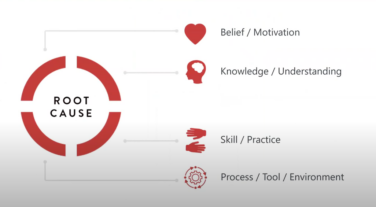
Resources
We learn. We share. We grow.
Articles
Looking for inspiration and understanding? Take a look at one of Dashe’s articles authored by our creative team and partners.
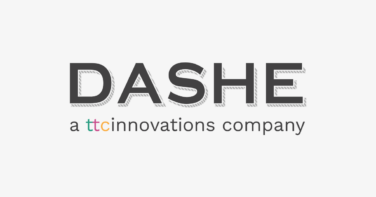
Dashe joins ttcInnovations
Learn More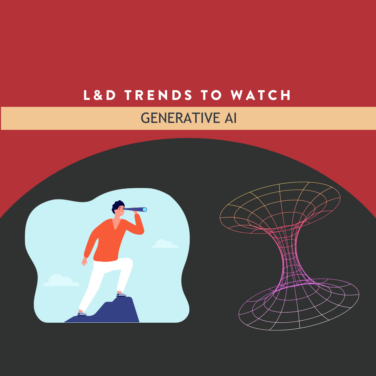
Embracing the Future: Early Adopters of Generative AI for Learning
Learn More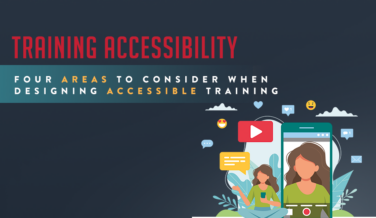
Four Areas To Consider When Designing Accessible Training
Learn MoreTraining Resources
Dashe has applied the approach we use to design learning experiences to create resources for you to use when you need a dash of creativity. We welcome you to use and share.
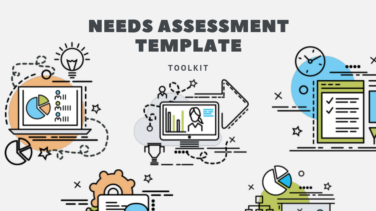
Training Needs Assessment Template Toolkit
Learn More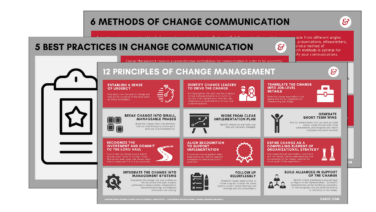
Change Management Principles & Practices
Learn More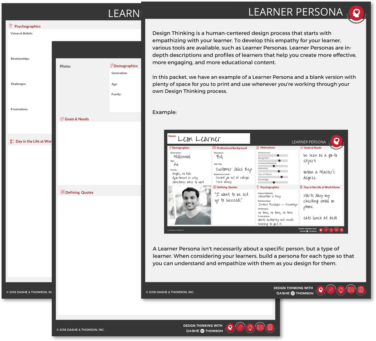
Learner Persona Template For Design Thinking
Learn MoreWebinars & Presentations
Let us show you how we do it. In our Dashe webinars and presentations, we challenge you to think differently about custom design. Remember, learner first!
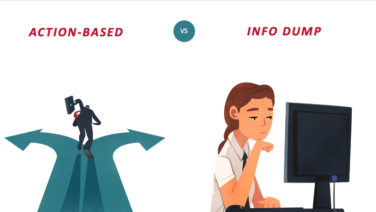
Tales from the Front Lines of Microlearning Design | Eric Berget, Creative Director
Learn More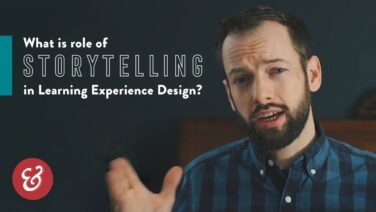
The Role of Storytelling in Learning Experience Design | Eric Berget, Creative Director
Learn More